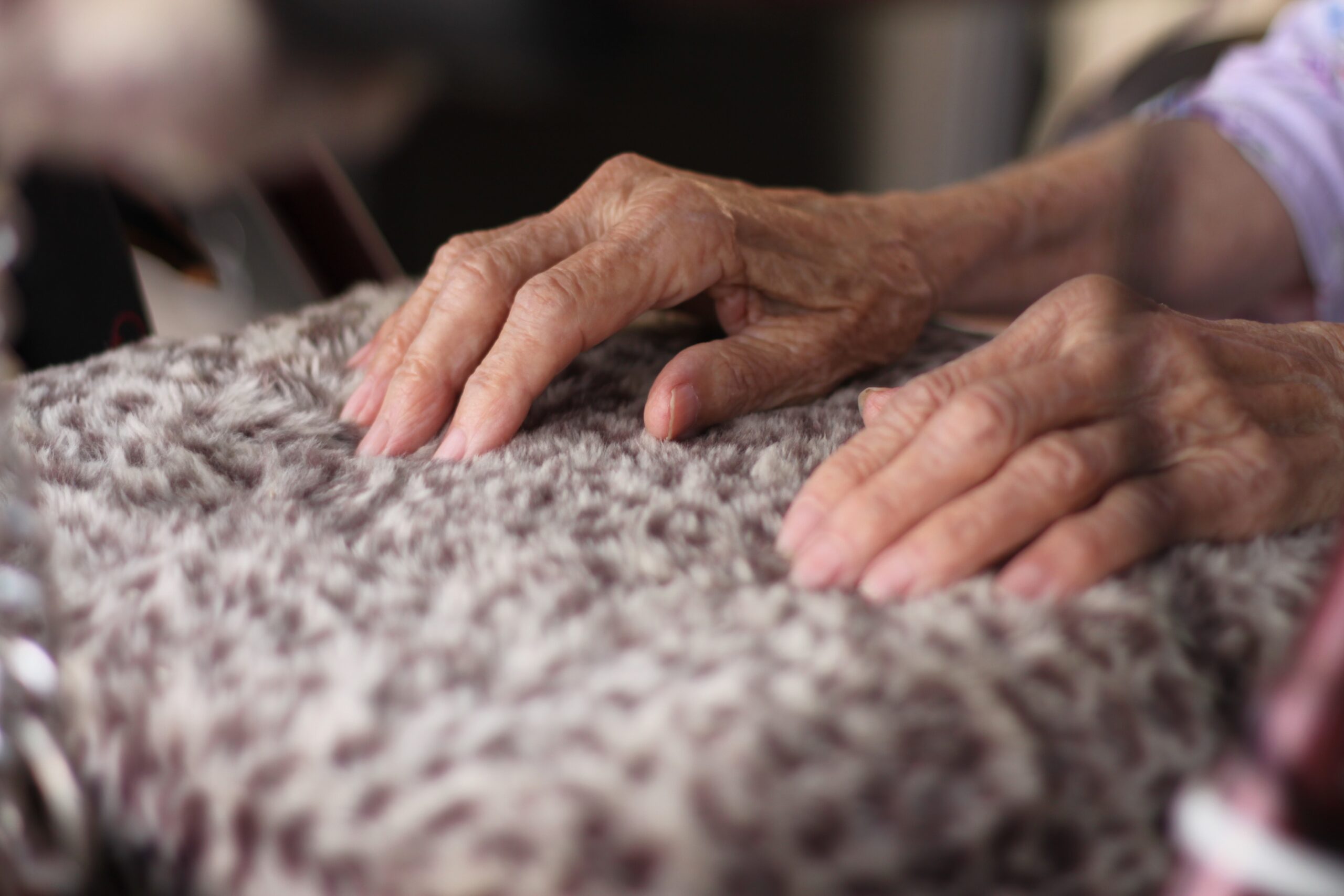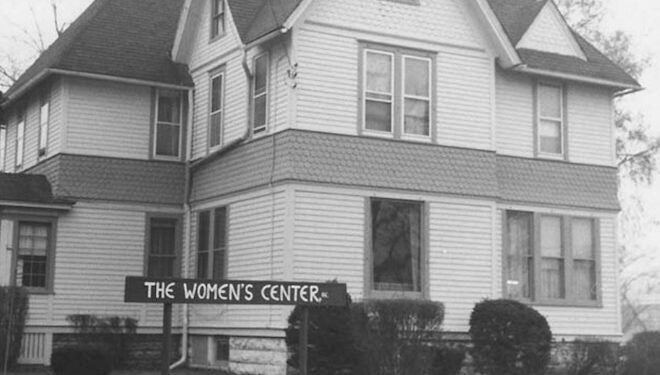Officials in northern Wisconsin and northern Minnesota are trying to spread the word about available services as reports of physical, emotional, and financial abuse directed at older adults are growing in the region and across the state. Law enforcement, financial institutions and county staff took part in an elder abuse forum in Superior this week.
Douglas County officials say referrals of elder abuse cases have doubled in the last five years. Angie Khalar, an adult social worker for the county, said adult protective services has received 107 reports so far this year.
Stan Shemanski, elder abuse specialist with the Wisconsin Department of Health Services, said that trend is mirrored statewide, due in part to growing awareness of elder abuse.
News with a little more humanity
WPR’s “Wisconsin Today” newsletter keeps you connected to the state you love without feeling overwhelmed. No paywall. No agenda. No corporate filter.
“Furthermore, we’re seeing our aging population grow and in a lot of cases those are individuals that are vulnerable both from a financial standpoint,” said Shemanski. “We’ve also learned that if there is financial exploitation going on it’s a very good probability that there are other forms of abuse as well.”
Superior Police Detective Chris Moe said cases they investigate related to financial fraud are often difficult, citing challenges with tracking money and scammers calling from overseas. He’s currently investigating a case of a family member stealing from an elderly relative, which can take a year to wrap up, leaving him scratching the surface of his caseload of 130.
“I have to find out her income, say social security, I have to get records from them,” he said. “All these government agencies that give this woman assistance, and local, whatever she gets, I have to track all of that.”
Not only that, but Moe sometimes needs to obtain a court order to access records for an investigation.
“I have to do interviews with people then I have to gather all of that information and go through it. That’s one case,” he said. “In the meantime, I could get seven or eight other cases assigned to me within a couple of days.”
While financial exploitation is high the list of types of abuse officials see, DHS’ Shemanski said the related issue of self-neglect is the most common issue they deal with.
“Self-neglect being that an individual has either lost the capacity to make decisions or understand how the decisions impact their life, taking care of their adult daily living skills,” said Shemanski. “Safety issues, mobility issues – all of those things kind of play into the self-neglect.”
Signs of self-neglect often include dehydration, malnutrition and confusion, according to Douglas County’s Khalar. But, she said people can be reluctant to seek services.
“People feel strongly about staying in their homes,” she said.
Douglas County District Attorney Dan Blank added that elder abuse makes up a small percentage of court cases, but he said it often has a significant impact on families.
“One of the real difficult aspects of the cases is how it tears a family apart and how the elder gets lost in the battle. Their quality of life declines and family members fight with each other and lose track of who they should be supporting or providing for or not draining their resources,” said Blank.
Blank said neighbors, community members and friends can help curb abuse by notifying county staff or law enforcement when they suspect a senior is being abused.
In cases of financial exploitation, banks and credit unions are seeing instances of scams on seniors through counterfeit checks or other means. Tanya Martineau, member service manager with the Superior Choice Credit Union, investigates fraud and stops up to $100,000 a year in counterfeit checks. She trains tellers to ask questions and be alert.
“We see nonmembers come in who are a caretaker maybe and they’re coming in on a weekly basis and cashing a check that’s for their caretaking dues or fee and it’s $800 or $900 every week. Calling in our member and asking them some questions, ‘What are (the caretakers) doing for you? Are they taking care of you?’” explained Martineau.
The state received 6,927 reports of abuse in 2014 – an increase of about 9 percent from 2013, according to most recent data from the DHS. An agency spokeswoman said 2015 figures are still being compiled and won’t be available for the next several months.
Wisconsin Public Radio, © Copyright 2025, Board of Regents of the University of Wisconsin System and Wisconsin Educational Communications Board.







